
SAGE Information Handbook 2013-2014
.pdf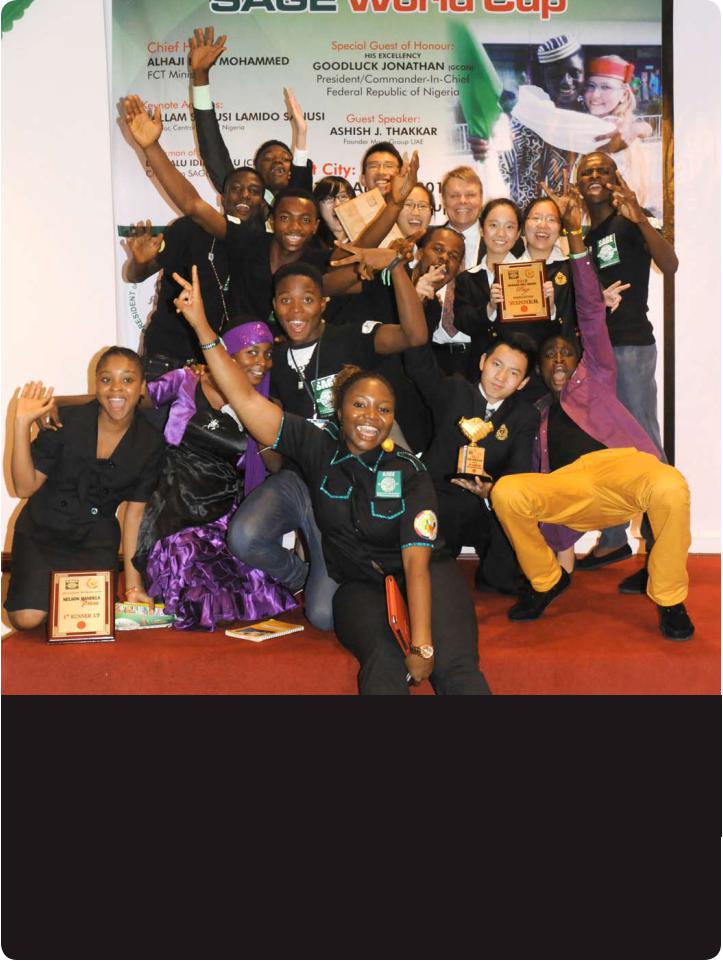
SAGE
Information
Handbook
A global community of teenage entrepreneurs sharing a common purpose:
To make the world a better place.
Academic Year 2013/2014

Note: We would like to thank Mr. Gary Quiring for the photographs included in this handbook. Gary can be reached at 530-519-8333.

The World’s Premier Youth Entrepreneurship Network
SAGE has established one of the most impactful international linkages among teenagers, higher education, and the business community. SAGE is currently active in the following 19 countries:
1.Burkina Faso
2.Canada
3.China
4.Georgia
5.Ghana
6.Japan
7.Kazakhstan
8.Nigeria
9.Pakistan
10.Philippines
11.Republic of Korea
12.Russia
13.Singapore
14.South Africa
15.Tanzania
16.Ukraine
17.USA
18.Zambia
19.Zimbabwe
We also have begun discussions with Burundi, Ireland, Jamaica,
Kenya, Rwanda, Tobago, Trinidad, and United Arab Emirates.
Representatives from each country will be invited to the SAGE
World Cup in Moscow, Russia in August, 2014.
SAGE Information Handbook—Academic Year 2013–2014 |
page 3 |
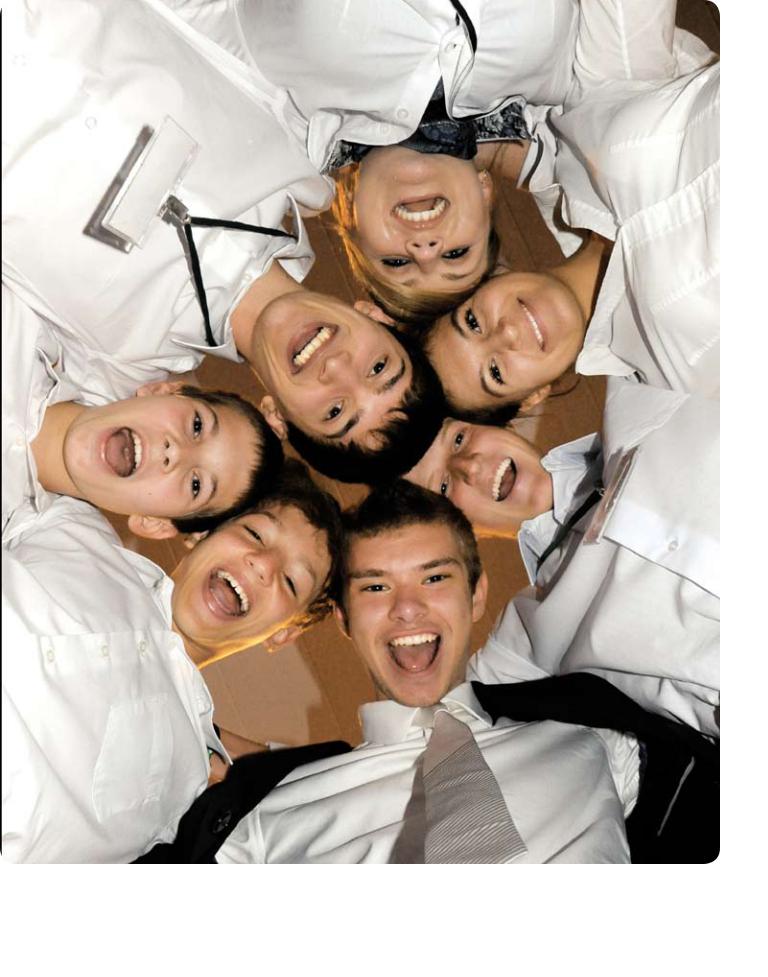
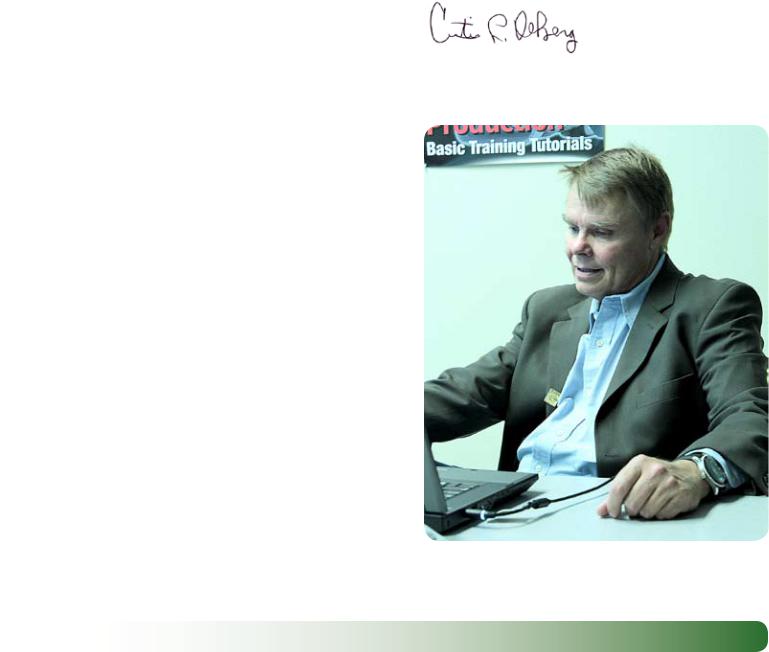
Welcome from SAGE Global CEO
SAGE focuses on educating teen entrepreneurs because, for many, their creative energy has not been dampened by life’s harsher realities. According to C.K. Prahalad (2005), market development at the bottom of the pyramid can create millions of new entrepreneurs at the grass roots level— from women working as distributors and entrepreneurs
to village-level micro enterprises. He emphasized that “entrepreneurship on a massive scale is the key.”
The combination of entrepreneurship and social enterprise provides a formula for a new kind of capitalism—a more humanitarian capitalism—espoused by Nobel Laureate, Muhammad Yunus, Yunus (2007). Yunus asserts: “We need to reform the capitalist system to make room for social enterprise. Generating ideas for social businesses is the most important, immediate challenge of today’s business thinkers.”
The notion that teenagers can make the world a better place must seem unrealistic and overly idealistic, especially to the hard-nosed business people amongst us. Teens, however, are not weighed down by failure—they have the enthusiasm, optimism and belief that success is possible. SAGE provides youth with a platform to share their first taste of success, allowing a venue with which to share their stories.
For those SAGE teenagers who do not actually go on to launch their own, adult enterprises someday, we are convinced that the entrepreneurial, “can-do “attitude
learned through SAGE can benefit them no matter what they choose as a career. Thus, SAGE is as much about education as it is about entrepreneurship. As an action-based, hands-on education program, teens have the opportunity to apply textbook knowledge in real-world settings.
The11th annual SAGE World Cup in Abuja, Nigeria was successful and thrilling. We have learned and improved from previous World Cup venues in San Francisco (2012), New York (2011), Cape Town (2010), Brasilia (2009), Abuja (2008), Odessa (2007), Shanghai (2006), San Francisco (2005), and Kansas City (2004 and 2003). The 2013 SAGE World Cup in Abuja included 200 individual participants, 11 competing countries (three of whom participated virtually) and five observing countries.
Now starting our twelfth year, we are convinced that we have only just begun. In 2014, we hope to add at least three more countries to the SAGE network. My personal goal for the 2014 World Cup is to have at least 15 competing
countries, with most countries sending two delegations to the World Cup. (Note: as of the date of this handbook, the city and country host for the 2014 World Cup is tentatively scheduled for Moscow, Russia).
In closing, SAGE helps teenagers form the belief that it is possible for them to make the world a better place, not only for themselves but for their fellow man. The SAGE
experience begins with small-scale efforts by teenagers, and provides them with an early taste of success. It also provides a stage where they can describe their successful business and social ventures to others.
And for those students who are exceptionally creative and innovative, a national and world stage is offered.
Welcome to SAGE 2013-2014! Sincerely,
Dr. Curtis L. DeBerg
SAGEGLOBAL CEO and Founder
SAGE Information Handbook—Academic Year 2013–2014 |
page 5 |
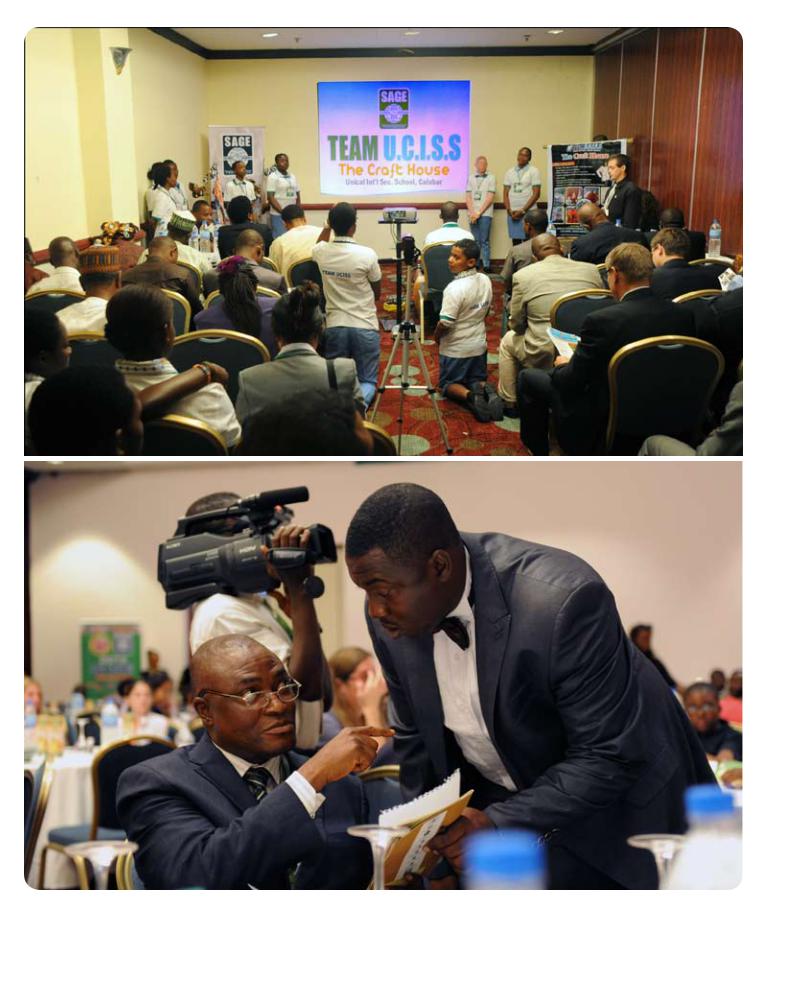

Table of Contents
SAGE Global Overview |
|
Our Mission |
10 |
About SAGE Global |
10 |
Focus on Teenagers |
10 |
The SAGE Model |
11 |
Creative Capitalism |
12 |
Quick Facts |
12 |
Membership Guidelines |
|
General Information |
16 |
SAGE Competition Categories |
17 |
SAGE Coach/Teacher/Adult Ally/Sponsor |
21 |
SAGE Coach/etc. Agreement Form |
23 |
Planning a Business |
24 |
Funding Your Business |
24 |
Documenting Activities |
24 |
Frequently Asked Questions (FAQs) |
25 |
Incentive for Students and Teachers |
29 |
Guiding Philosophies and Guiding Forces |
30 |
SAGE Code of Conduct/Ambassador’s Creed |
33 |
Interpretation of SAGE Judging Criteria |
|
Socially-Responsible Business (SRB) |
38 |
Social Enterprise Business (SEB) |
41 |
Judging Scoring Rubric (SRB) |
46 |
Judging Scoring Rubric (SEB) |
50 |
SAGE Competitions |
|
National Competitions: An Overview |
56 |
SAGE World Cup 2014 |
57 |
What Are People Saying About SAGE? |
|
Testimonials |
62 |
SAGE in the Media |
63 |
Contact Information |
back |
SAGE Information Handbook—Academic Year 2013–2014 |
page 7 |
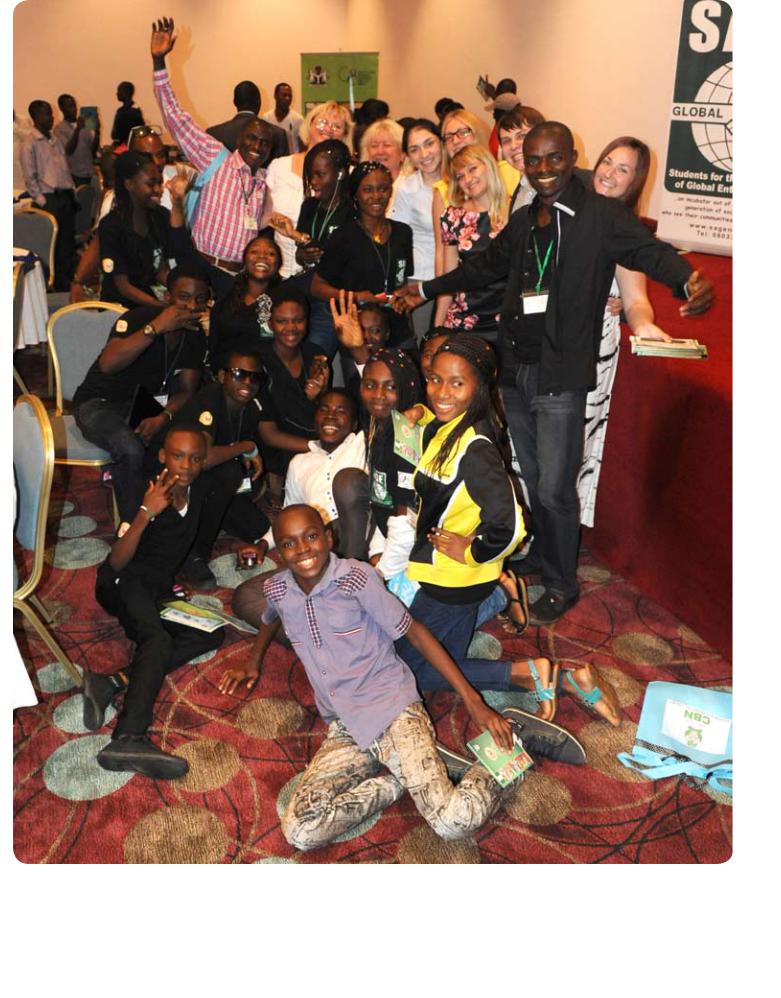
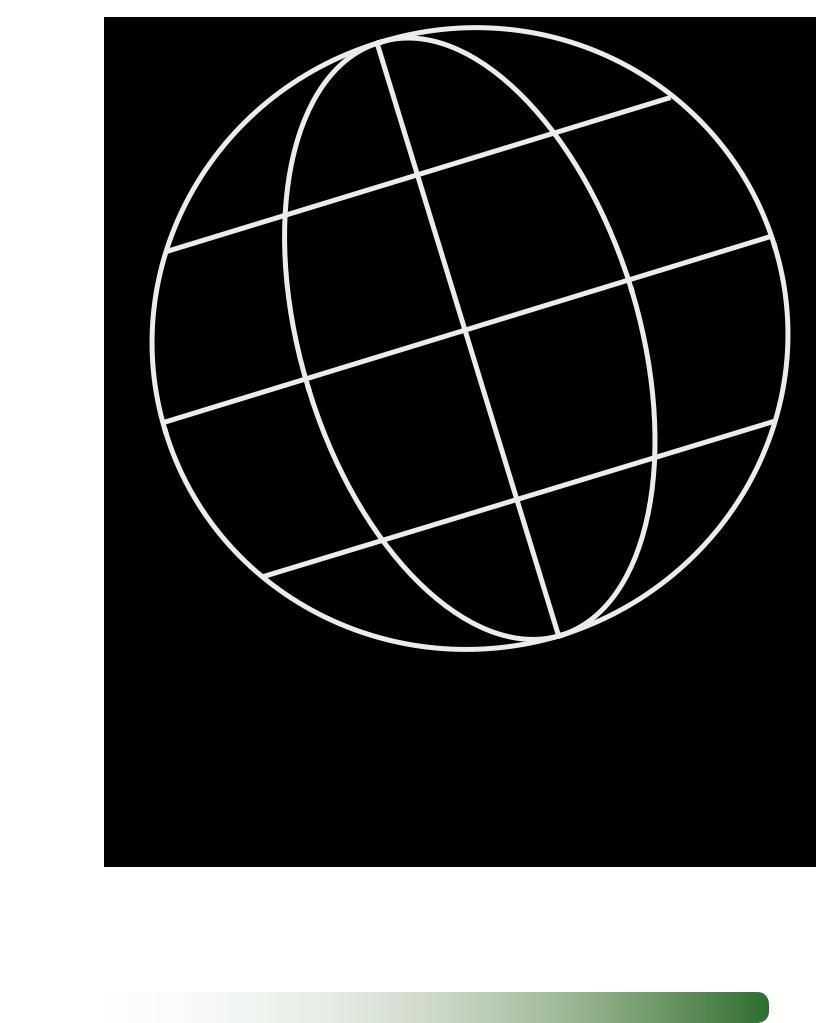
SAGE Global Overview
“I can picture local, regional, and even global competitions, with hundreds of thousands of participants vying to create the most practical, ambitious, and exciting concepts for social businesses.”
—Muhammad Yunus, 2007, Creating a World Without Poverty
SAGE Information Handbook—Academic Year 2012–2013 |
page 9 |

SAGE Global Overview
Our Mission
Welcome to the SAGE network! Students for the Advancement of Global Entrepreneurship is a global network of teenage entrepreneurs—and their advocates— who share a common purpose: to make the world a better place.
About SAGE Global
SAGE Global is an international nonprofit corporation dedicated to teenage entrepreneurs. Our youth entrepreneurship program bridges two divides. The first divide is among secondary education, higher education
and the private sector. The second divide is across countries, one that prevents international cooperation at a time when such cooperation is crucial.
Global challenges, such as environmental
sustainability, alternative energy and transportation, and problems caused by global climate change, pose common threats. Thankfully, entrepreneurs with a global worldview see such threats as opportunities. We classify these entrepreneurs into two categories: (1) those that own and operate socially-responsible businesses (SRBs) and (2) those that own and operate social enterprise businesses (SEBs).
In today’s increasingly complex world, cross-cultural cooperation in entrepreneurial ventures can raise standards of living if the right environment is created. One way
to create such an environment is to focus on one key stakeholder—teenagers—for it is youth who have the most at stake.
The SAGE Model
Each year, SAGE organizes and hosts a series of regional and national tournaments where teams of SAGE teens showcase the SRBs and SEBs to a panel of influential members from the business, civic and education communities. SAGE teams are encouraged to identify a SAGE Teacher/Adult Ally/
Coach to guide them during the year. During the year, they are also encouraged to solicit advice from members of the business community and, if possible, from university business students. At the end of each year, all teenage SAGE
teams are invited to compete in the SAGE national competition. The competitions may be hosted by a college, university, nongovernmental organization (NGO) or a governmental organization (GO). Winners advance to the “SAGE
World Cup.”
Focus on Teenagers
A program like SAGE focuses on training young entrepreneurs because, for many, their creative energy has not been dampened by life’s harsher realities. More than one-half of the world’s people live below the internationally defined poverty line of $2 a day. Also, more than half the world’s population is under the age of 30.
SAGE believes that teens can take a lead role in helping to alleviative poverty through their innovations and creativity.
David Bornstein, in his book, How to Change the World (2004) explains: “People who solve problems must somehow first arrive at the belief that they can solve problems. This belief does not emerge suddenly. The capacity to cause change grows in an individual over time as small-scale
page 10 |
SAGE Information Handbook—Academic Year 2013–2014 |
